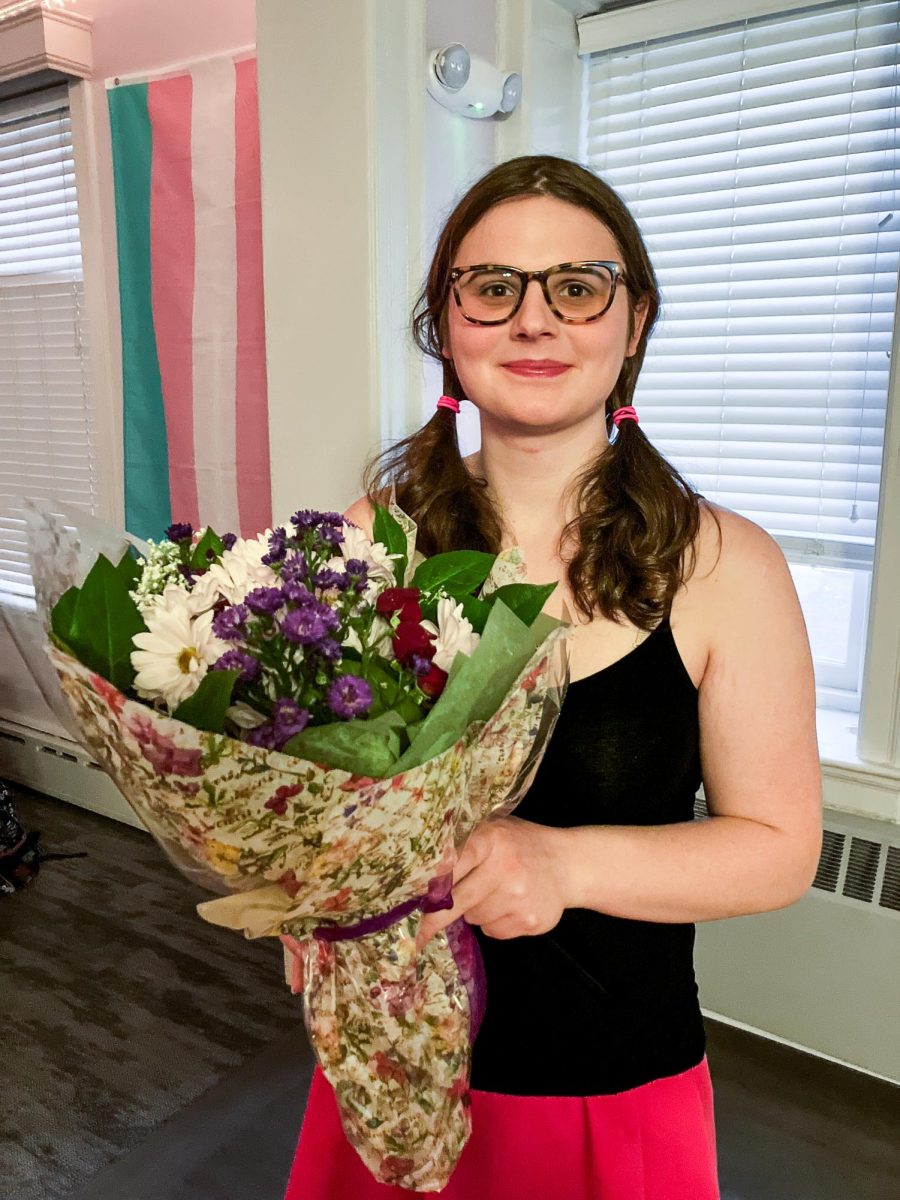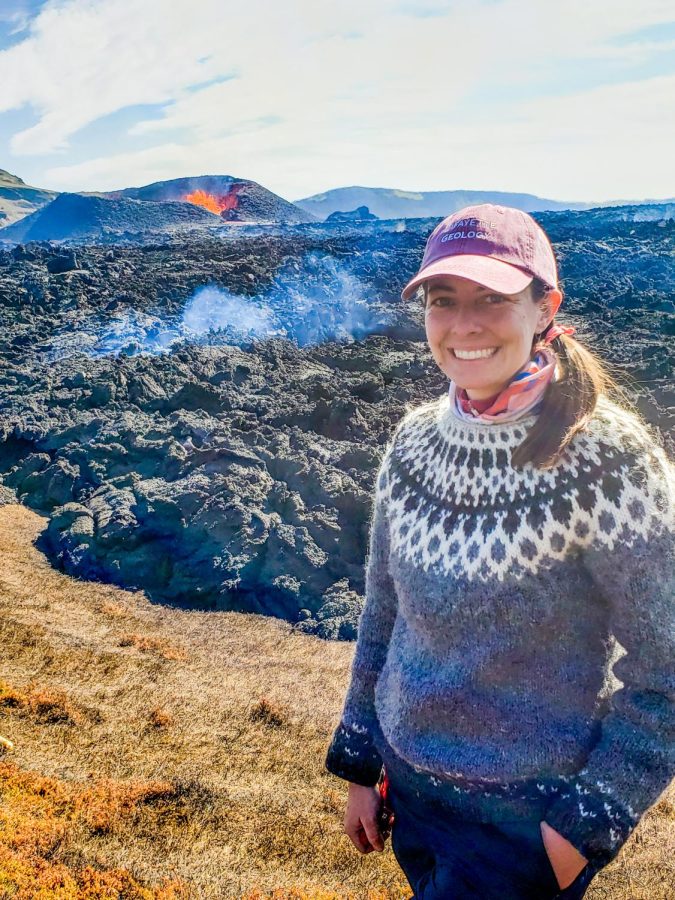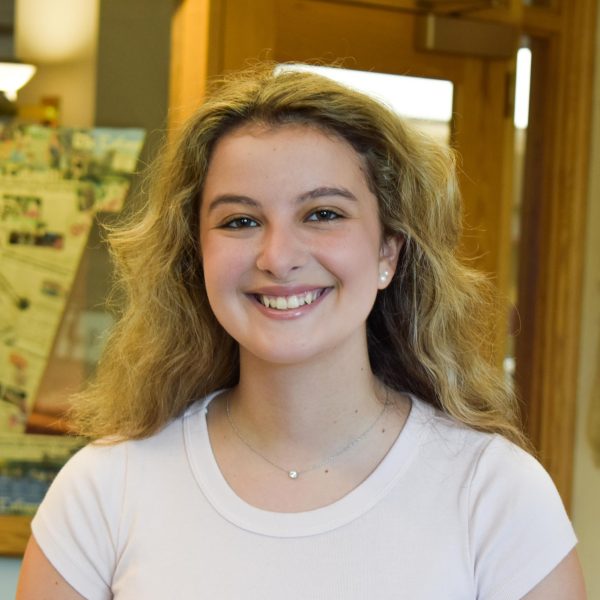Geology professor Tamara Carley plans to make explosive discoveries with her recent $238,445 grant from the National Science Foundation.
“I’m looking at the behavior of volcanoes underneath ice and underneath glaciers and trying to understand the relationship between magma formation, volcanic eruptions and climate change,” Carley said. “There’s a hypothesis that as climate change progresses and as ice starts to melt, volcanoes will become increasingly dangerous.”
Working with a team of collaborators from Iceland and Illinois State University, Carley is focusing her study on the potential dangers that unstable volcanoes present.
“The volcanoes that are currently under ice are pretty poorly understood relative to other volcanoes around the world because they’re really hard to get to. It’s really hard to study directly in the ways that we can in other places on the planet,” Carley said.
Carley is also getting students on campus involved in writing grant proposals to teach them about successful and persuasive scientific writing.
“The proposal is about fifteen pages long, and in that fifteen pages, you have to clearly state the question that you want to pursue, you have to demonstrate why it’s important and you have to place it in the broader context of scientific understanding,” she said. “Are you recreating the wheel or are you actually going to push the science forward?”
To prepare for her proposal, Carley put all of her information together with her team of collaborators and then submitted it to the National Science Foundation. Carley’s acceptance of the grant has opened up the door for geology students to travel internationally and go on new expeditions.
“The grant supports students to come with me and travel internationally, do field work, go to international conferences [and] author papers. I’m looking to recruit younger students; I can use them for a couple of years,” she said.
Last August, Carley tested her hypothesis when she and Morgan Merritt ’25 traveled to Vatnajökull, Iceland to work on this study. Merritt will be traveling back to Vatnajökull for the next three summers to continue her work.
“This grant is supporting fieldwork in Iceland — so camping and hiking for several weeks at a time and looking at volcanoes, looking at glaciers,” Carley said.
Carley looks forward to recruiting more eager students to accompany her to Vatnajökull. While in Iceland, students can camp, hike and conduct research for several weeks at a time while studying volcanoes, looking at glaciers and collecting various rock samples.
“There’s this real incentive to understand what’s happening down there before their activity potentially ramps up more than we’ve seen in historical times,” she said.
According to Carley, students seem excited to involve themselves in her research. Her expeditions abroad have featured in her teaching.
“This grant came at a really good time,” Carley said. “I do draw on my research experiences in the classroom, and rocks that I’ve collected in the field get used in all my labs.”
For students looking to sign up for Professor Carley’s interim classes abroad, the best source of information is the Interim and Summer Program webpage. Students can contact Carley directly by email to learn more about research opportunities at carleyt@lafayette.edu.



























































































































